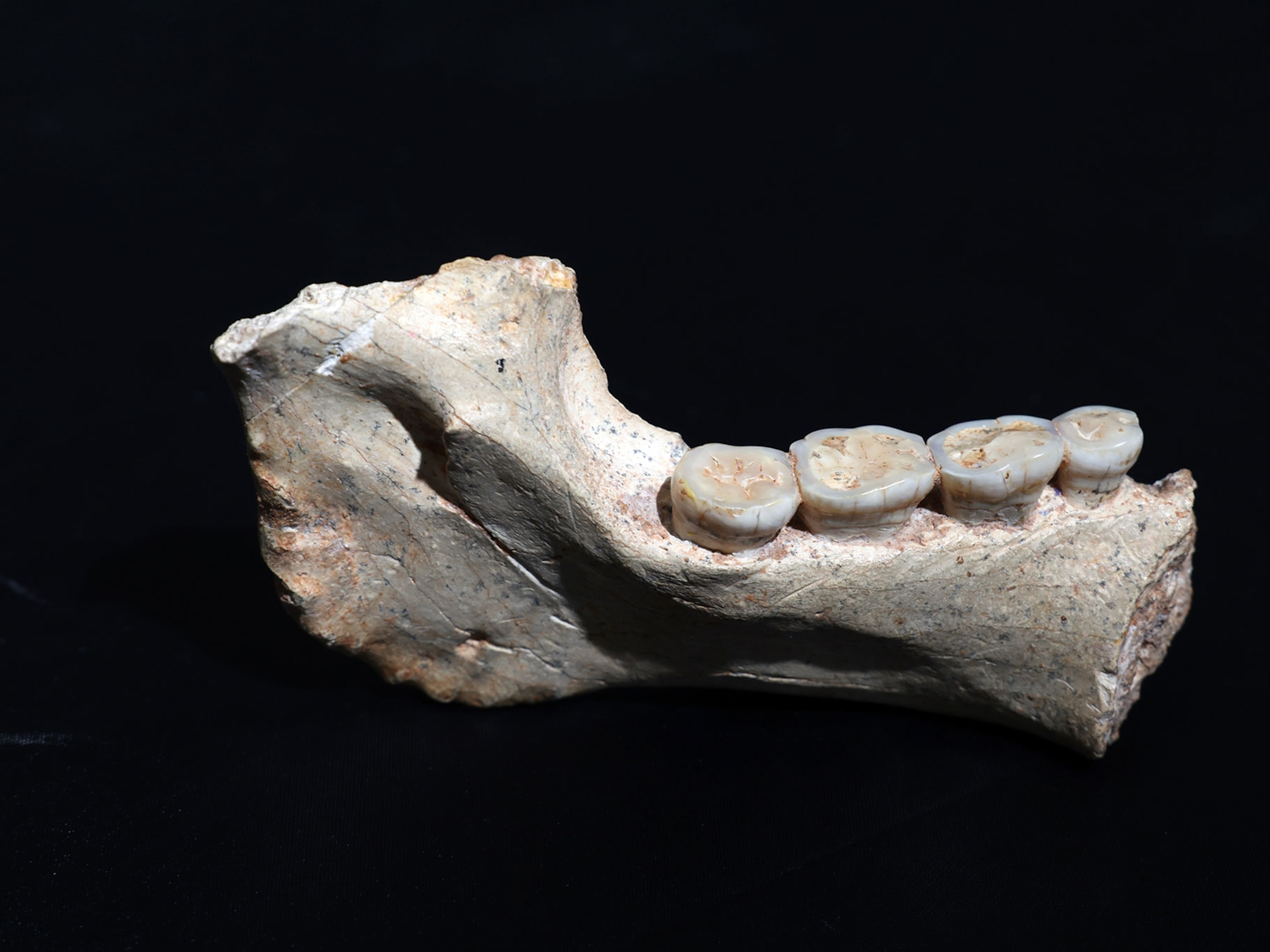Human Eggs Were Grown to Maturity in a Lab for the First Time–Here's Why
Growing eggs from their earliest stage could lead to better infertility treatments.
For the first time, scientists have grown human eggs to full maturity in the laboratory.
The newly grown eggs have not been fertilized, but if they prove viable, the advance could help people struggling with infertility.
“This could change fertility treatment as we know it,” says Mindy Christianson, a fertility expert at Johns Hopkins University.
If this news has you struggling to remember the biology lesson that covered eggs and follicles, you may wonder what the big deal is. What does it mean to grow eggs to “full maturity”?
The answer lies in the complicated biology that happens each month inside women as eggs mature.
How Eggs Come of Age
We often say that women are born with all the eggs they will ever have—about a million of them—but those eggs aren’t ready to be fertilized.
Instead, each egg starts out as a tiny precursor cell that must go through a complex, multi-stage growth process before it can be fertilized. That’s the process that researchers have now coaxed from eggs in the lab.
Normally, eggs develop one by one in the ovaries’ follicles and take several months to mature. Each month at ovulation, one fully-grown egg is released from its follicle.
Today, before eggs can be harvested from a woman’s ovaries—whether for in vitro fertilization or to freeze for later use—the eggs must first be brought to full maturity, so that they’re ready to be fertilized. That means they have to go through hormone treatments to stimulate the maturation process in the ovaries.
The new process would allow ovarian tissue to be harvested directly, and eggs could be matured later in the lab.
Preserving Fertility
Cancer patients, who often lose fertility when they undergo chemotherapy, could be among the first to benefit, Christianson says.
“I have a cancer patient right now who has to delay chemotherapy for two weeks in order to harvest eggs,” she says. The new method would allow such a patient to harvest ovarian tissue immediately and save it for later.
While further testing is needed to determine if the eggs can be fertilized and to see whether they produce healthy embryos, Christianson says that other infertility treatments such as cryopreservation, or freezing eggs, have developed rapidly. And that leaves her optimistic that lab-grown eggs will eventually be used as part of infertility treatments.
“I don’t think it’s going to happen in the immediate future, but I can definitely see it on the horizon,” she says.




